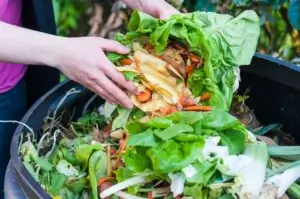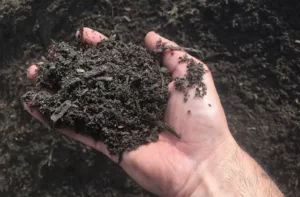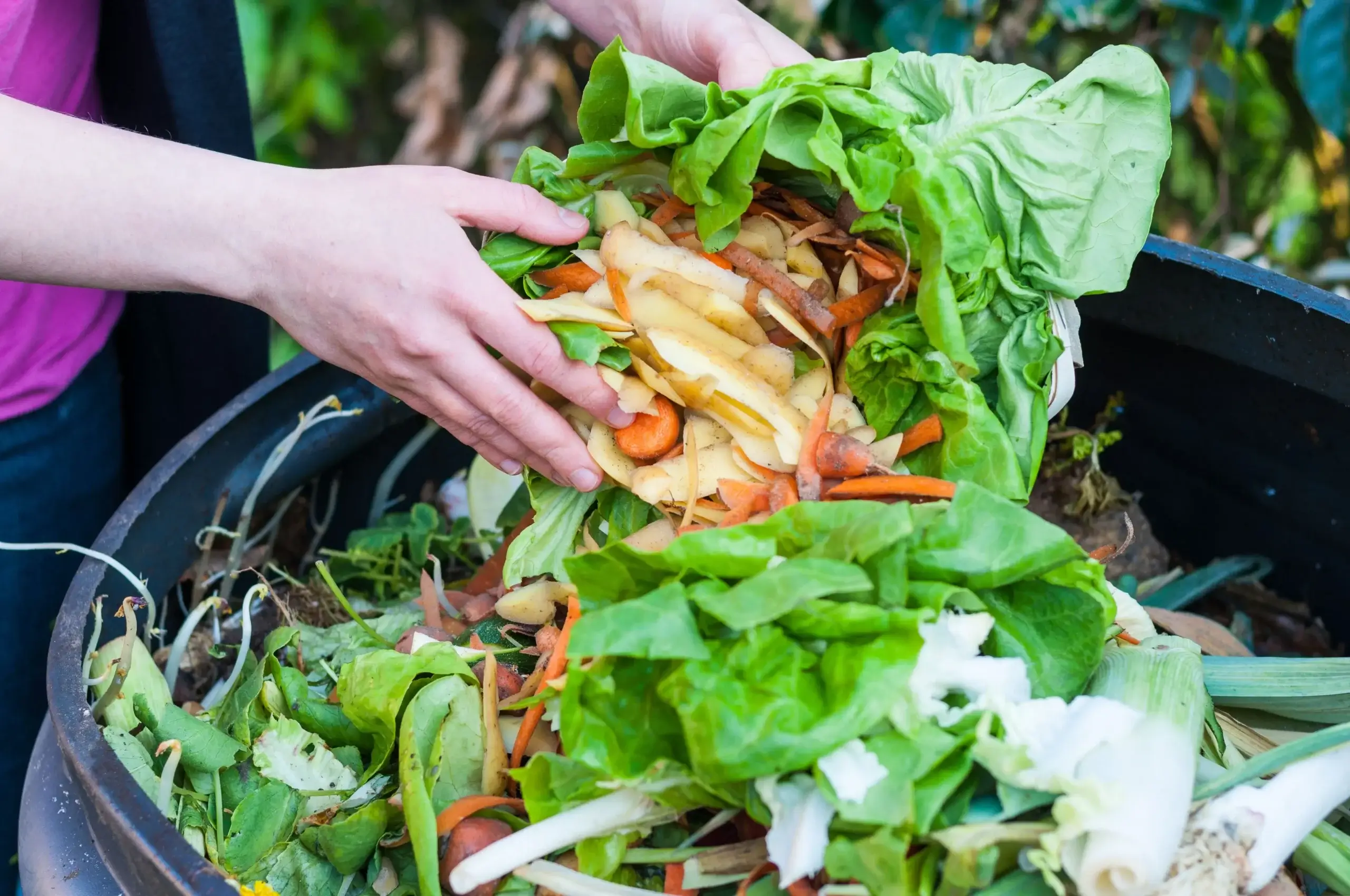No products in the cart.
From Waste to Wealth: A Beginners Guide to Composting
Composting your garden waste at home is a fantastic way to reduce waste and create nutrient-rich soil for your garden. Here’s a simple beginners guide to compost creation tips to get you started:
1. Choose a composting method:
There are various ways to compost, including using a bin or setting up a compost pile in your yard. Select a method that suits your space and needs.
2. Collect organic material:
Firstly gather kitchen scraps like fruit and vegetable peels, coffee grounds, and eggshells. Also, collect yard waste such as grass clippings, leaves, and small branches. Avoid adding meat, dairy, and oily foods to your compost.
3. Layer your compost:
Alternate layers of green (nitrogen-rich) and brown (carbon-rich) materials. Green materials can include kitchen scraps and grass clippings, while brown materials can be dry leaves, straw, or shredded paper.
4. Add water and air:
Moisture and aeration are crucial for the composting process. Ensure your compost pile is damp, like a wrung -out sponge, and turn it occasionally to provide oxygen to the microorganisms breaking down the material.
5. Let it decompose:
Depending on the method and conditions, composting can take a few months to a year. Keep an eye on the moisture level and turn the compost because this will aid decomposition.
6. Use your compost:
Once the compost turns dark and crumbly, it’s ready to use in your garden. Spread it around your plants or mix it into the soil as its improves soil fertility.

7. Compost creation tips
Remember, the key to successful composting is maintaining a balance of organic materials, moisture, and aeration.
Happy composting with these compost creations tips!
Kennedys supply fresh nutrient rich compost which is readily available for your garden projects now. Composts you can choose from are either Diggers Compost or Mushroom Compost.
If you have any specific questions, feel free to ask. See video on YouTube here.

